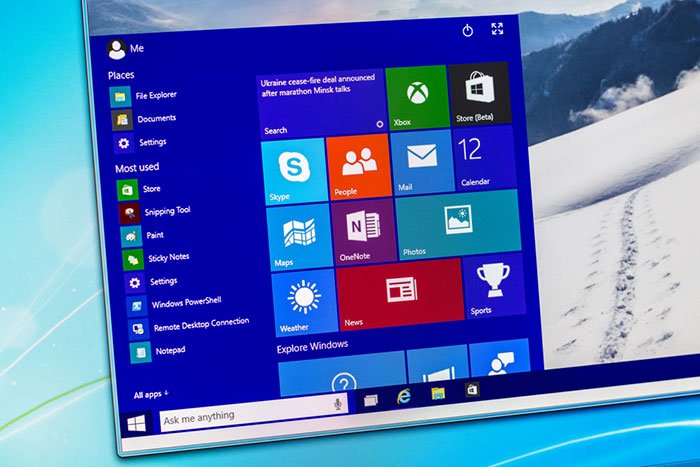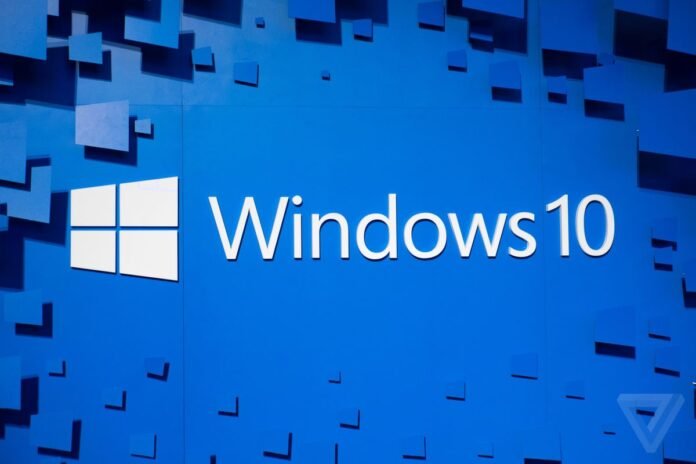Windows 10 will be tossed out the window this October, according to its maker, Microsoft. The software giant announced it will stop updating its Windows 10 operating system on October 14, leaving millions of users facing tough choices.
The company said the 2015 software will no longer receive security updates. “By receiving no updates, you’re no longer protecting yourself against the most recent cybersecurity risks,” warned Martin Kraemer, a computer security expert at KnowBe4.
Microsoft wants customers to switch to Windows 11, released in 2021. But many older computers cannot run it.
For those machines, Microsoft is offering one-year security extensions at $30. Consumer groups were frustrated, saying the option is unfair.
“The lack of backwards compatibility for certain Windows 10 machines sold only a couple of years ago is a blow to consumers’ pocketbooks,” US campaign group Consumer Reports wrote.
In France, advocacy group HOP launched a petition demanding free updates until 2030. German consumer federation Verbraucherzentrale added that the plan “worries consumers and leaves them unable to make free purchase decisions.”
They also raised environmental concerns, saying mass new purchases will worsen electronic waste problems.
How Many People Are Affected
Microsoft did not release figures. But Consumer Reports said 650 million people still used Windows 10 in August.
The Public Interest Research Group estimated that about 400 million computers cannot be upgraded to Windows 11.
This raises questions: will users be forced into buying new laptops, or will they take alternative routes?
Experts warn of cyber dangers for users who neither upgrade nor pay for updates. Hackers could see Windows 10 systems as easy targets.

“Although the increase in exposure is difficult to quantify, as a group they would become priority targets,” Kraemer said.
Over time, some apps may stop working properly. “Application vendors rely on the operating system vendor to provide certain features,” said Paddy Harrington of Forrester. “If these are not updated, the app vendor can’t be assured that their application will continue to function properly.”
What Alternatives Remain
Antivirus tools may help but will not be enough. “It’s much better than doing nothing, but should be a temporary patch while you find a permanent solution,” Harrington explained.
Users unwilling to upgrade can switch to Linux, a free open-source system that powers many servers and Android devices. “As long as your applications support that OS and your management and security tools will support it, it’s a good choice,” Harrington said.
Rate, Like 👍, Comment💬, share this article and Follow us on our social media handles. You can also Submit your own story to get featured and earn rewards!







